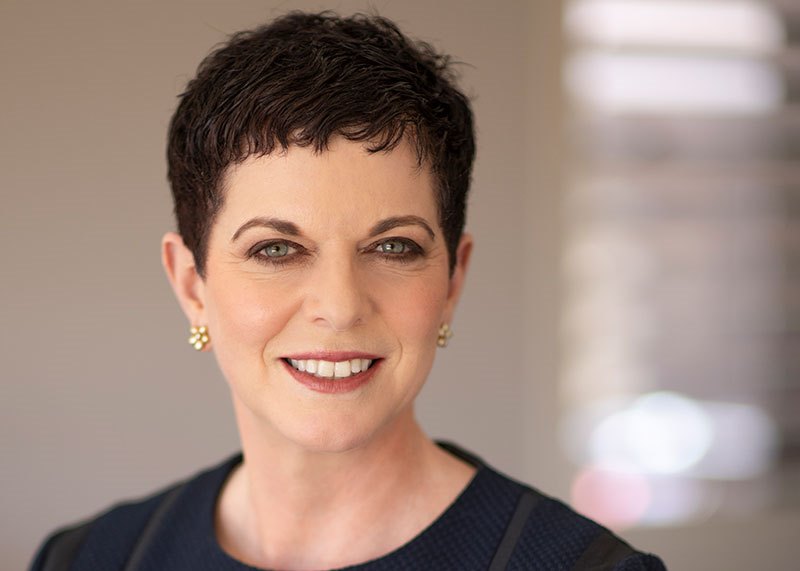Deanne Weir.
In Monday’s Guardian, veteran producer John Edwards eloquently explains how commercial FTA television drama quotas have acted as a critical floor underneath some of the most iconic Australian drama series of recent years.
Those quotas were temporarily suspended last week in response to the COVID-19 driven shutdown of the television production sector, which will likely make it impossible for some FTA networks to meet those requirements for 2020.
While the production sector fears this suspension represents an existential threat to the future of Australian television drama, the networks argue that the current quota system is outdated and burdensome, as the production funding obligations it imposes no longer reflect the commercial and audience realities of drama consumption in a streaming world.
This argument about dollars and regulatory symmetry will play out in coming weeks as the industry debates an options paper examining what future regulatory settings should look like ‘to best support Australian stories on our screens.’
And therein lies the rub. While the networks and the production sector are key players in this debate, it is about so much more than the profit line of disrupted commercial networks, or the viability of a local production sector that must compete against cheap imported content.
This is also about what we as Australians value above and beyond financial measures. It is as fundamental a question as ‘what sort of a country do we want to live in?’
The current pandemic is testing all of us, challenging us at an individual and a societal level, and the responses have been extraordinary. So many things that were thought impossible have been made real with the stroke of a pen. Free childcare. A living wage for the unemployed.
Wage support to allow businesses to keep employees on the books during the crisis. These decisions, albeit temporary, say much about the sort of country our elected leaders believe we want to be, and give great hope for the sort of thinking that will go into the society we could build as we emerge from the crisis. There will be many choices to make, and we can ‘build back better.’
What is critical is to ensure that the conversation of this new society is not just about dollars and cents, not just about an economy, but is also about our culture, the binding thread of our society.
Our broader cultural sector contributes over $112 billion to our economic activity, employing 600,000 people. The screen sector is a critical subset of this. The size of economic contribution is important, but it is a mistake for any of us to focus only on economic parameters.
Telling our own stories, supporting the development of our own voices and talent is critical to us as society.
Our stories help us understand who we are, who we’ve been, who we might be. Screen content delivered on many platforms is the most pervasive cultural product of our time, and it is critical that our own stories are represented in the content we absorb.
The challenge is that despite the fundamental importance of screen content to our cultural life, and the significant level of economic contribution made by the sector, the business models that underlie screen content production, distribution and exhibition have been upended in recent years and are now in disarray.
In a globalised screen world, Australian screen stories cannot survive and thrive on market forces alone. We need a level of government support and regulatory intervention to ensure we can create and share our own culture.
And this is the opportunity provided by Minister Fletcher’s options paper, supporting Australian stories on our screen. And this is why it is critical that people across society, not just within the industry, take the time to read the paper, and to contribute to the debate ahead of the June 12 submission deadline.
To me, the title says it all. Our stories are inherently worth supporting. Coming out of this current pandemic crisis, I believe we are re-discovering the importance of acting locally, of being part of our community.
There has never been a more important time to value each other, and to tell our own stories. The reality is this will require a level of regulatory and financial support across the sector, and this support needs to work with the reality of the current and future market.
Step one is to urgently agree on what the new screen sector regulatory regime will be. Step two is to implement an industry assistance package that helps the sector build back up out of the crisis, but within the context of the new regulatory regime. We can build back better. We just all need to make clear how much we value our own stories.
Deanne Weir is the chair of Hoodlum Entertainment, former deputy chair of Screen Australia and is a member of Screen Australia’s Gender Matters Taskforce.


